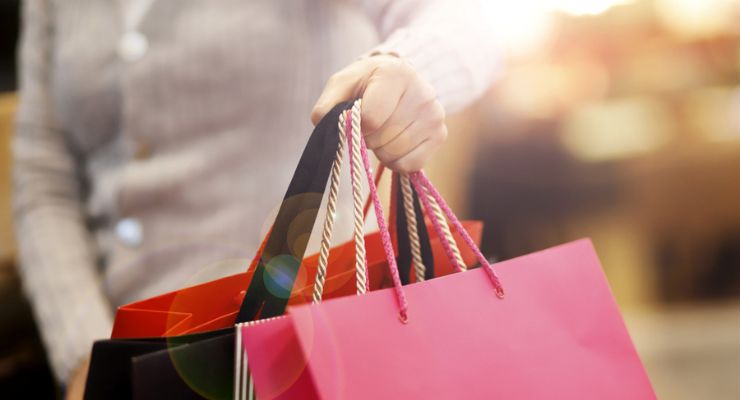12.07.22
This holiday season as inflationary fears persist, promotions are a handy lever retailers can pull to entice shoppers to spend, which will reduce inventory during and after the holidays.
Prestige beauty appears to be the outlier among the general merchandise retail industries tracked by The NPD Group, posting growth in both revenue and units sold across all its categories as consumers trade up.
During Black Friday week, beauty was the only industry tracked by NPD where revenue and unit sales both increased compared to each of the three previous years.
According to Larissa Jensen, beauty industry advisor at NPD, the share of prestige beauty products sold on promotion in the U.S. represents about one-quarter of units sold. That share has declined over the past two years, not only versus 2020, but also compared to 2019 (before the pandemic).
Despite the reduction of units on promotion, the beauty industry continues to post growth in both revenue and units across all categories as consumers trade up through their product and brand choices. For example, growth in both fragrances and hair care has been propelled by premiumization that is happening in each category, with consumers opting for higher-priced items and luxury offerings.
Retailer promotions in particular tend to cause sales spikes throughout the year because consumers have been trained to wait for deals. Even so, NPD continues to observe consumers shifting to a “treat mindset,” leading to stronger growth in non-promoted products across certain beauty categories, like fragrance.
Looking ahead to 2023, the beauty industry might be at risk for an increase in promotional levels if consumers find they have an overabundance of products after treating themselves to little luxuries in beauty over the past few years.
Prestige beauty appears to be the outlier among the general merchandise retail industries tracked by The NPD Group, posting growth in both revenue and units sold across all its categories as consumers trade up.
During Black Friday week, beauty was the only industry tracked by NPD where revenue and unit sales both increased compared to each of the three previous years.
According to Larissa Jensen, beauty industry advisor at NPD, the share of prestige beauty products sold on promotion in the U.S. represents about one-quarter of units sold. That share has declined over the past two years, not only versus 2020, but also compared to 2019 (before the pandemic).
Despite the reduction of units on promotion, the beauty industry continues to post growth in both revenue and units across all categories as consumers trade up through their product and brand choices. For example, growth in both fragrances and hair care has been propelled by premiumization that is happening in each category, with consumers opting for higher-priced items and luxury offerings.
Retailer promotions in particular tend to cause sales spikes throughout the year because consumers have been trained to wait for deals. Even so, NPD continues to observe consumers shifting to a “treat mindset,” leading to stronger growth in non-promoted products across certain beauty categories, like fragrance.
Looking ahead to 2023, the beauty industry might be at risk for an increase in promotional levels if consumers find they have an overabundance of products after treating themselves to little luxuries in beauty over the past few years.




























